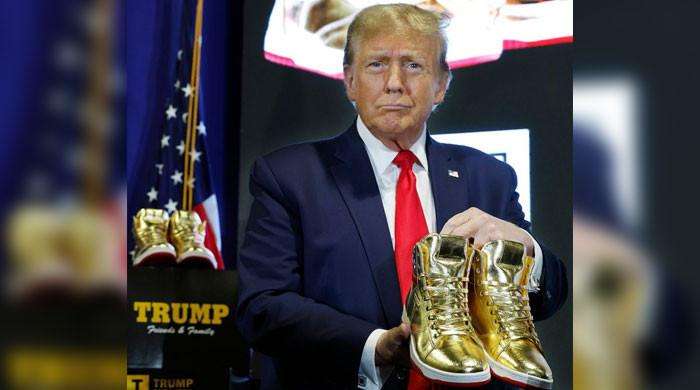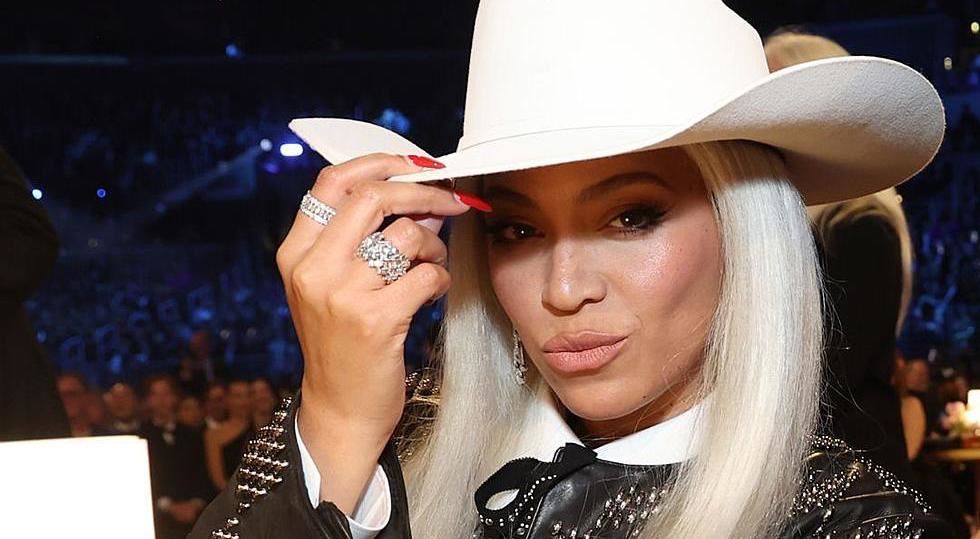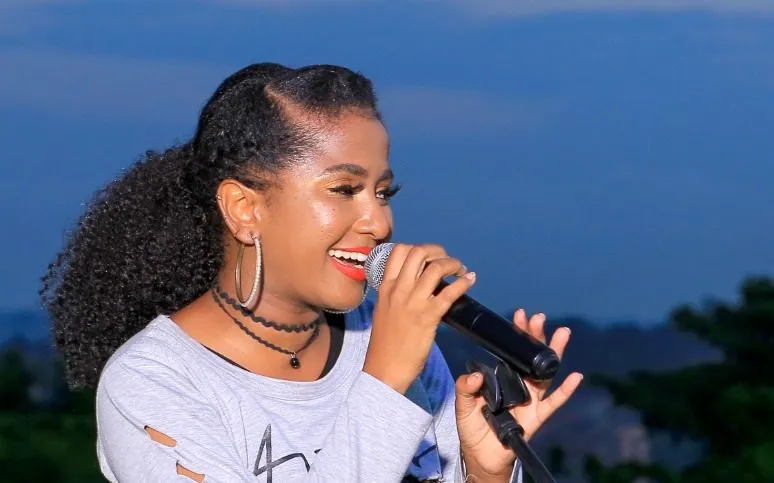WHY SHOULD GIRLS CUT OFF THEIR HAIR IN SCHOOL? APOSTLE GRACE QUESTIONS SCHOOL AUTHORITIES.
Written by Edith Ahurira on February 19, 2024
Apostle Grace Lubega of the Phaneroo Ministries recently ignited a heated discussion online regarding the practice of cutting girls’ hair in schools. In a thought-provoking statement, he questioned the rationale behind the enforced haircuts, particularly for African girls, stating that their hair, though challenging to manage, is golden and should not be subjected to such treatment. Lubega further emphasized the significance of a woman’s hair, citing Biblical references that equate it to her glory.
The conversation gained traction as many echoed Lubega’s sentiments, expressing concern over the discriminatory nature of such policies. They highlighted the disparity between how African girls’ hair is treated compared to that of their foreign counterparts, who are often allowed to retain their hair length and style. This discrepancy raised questions about the underlying biases and prejudices perpetuated by school authorities.
While some defended the practice, arguing that it promotes equality by removing the emphasis on appearance and redirecting focus towards academic pursuits, others vehemently opposed it. They contended that personal grooming, including hair care, is an essential aspect of self-care and hygiene for girls. Additionally, they argued that grooming standards should not be used as a measure of academic dedication or merit.
The debate underscored broader issues surrounding cultural norms, identity, and representation in educational institutions. For many African girls, hair holds cultural significance and serves as a means of self-expression. Enforcing uniform haircuts not only infringes upon their autonomy but also erases aspects of their cultural heritage.
Furthermore, critics pointed out the implications of such policies on students’ self-esteem and confidence. Being forced to conform to arbitrary standards of beauty can have detrimental effects on young girls’ mental health and well-being. It reinforces harmful stereotypes and perpetuates a narrow definition of beauty that excludes diversity.
As the discussion continues to unfold, calls for revisiting and revising school hair policies have grown louder. Advocates argue for a more inclusive approach that respects cultural differences and acknowledges the importance of self-expression. They emphasize the need for schools to create environments where all students feel accepted and valued, regardless of their appearance.
Ultimately, the conversation sparked by Apostle Grace Lubega serves as a reminder of the ongoing struggle for equality and representation in educational settings. It prompts us to critically examine the impact of school policies on marginalized groups and advocate for greater inclusivity and diversity in our institutions.
Author
Edith Ahurira
Reader's opinions
You may also like
Continue reading






 NRG RADIO KENYA
NRG RADIO KENYA  NRG JAZZ
NRG JAZZ  NRG MIXOLOGY
NRG MIXOLOGY  NRG RnB
NRG RnB  NRG AFROBEATS
NRG AFROBEATS  NRG GOSPEL
NRG GOSPEL